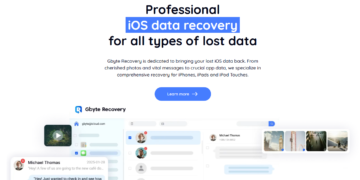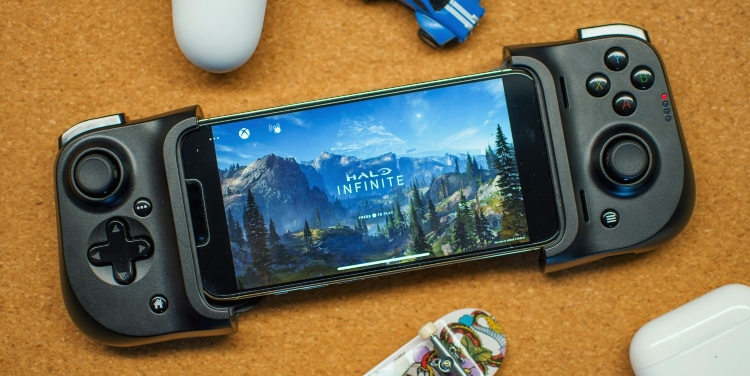The way UK residents spend their leisure time has undergone a significant transformation recently. Traditional pastimes that once centred around physical locations and face-to-face interactions have increasingly shifted to digital platforms. This evolution, often described as moving from “couch to cloud,” reflects the growing influence of technology on our daily lives. These are some of the prominent ways that rapid digitisation is transforming leisure.
Online Casinos are Becoming More Popular
Similarly, the gambling industry has embraced the digital age. Online casinos provide users with the thrill of gaming from the comfort of their homes. Features such as live dealers, interactive chat, and real-time gameplay have made virtual experiences more immersive than ever before, contributing to the gradual decline of traditional high street betting shops and casinos.
Beyond local operators, many players are now also exploring casinos not on GamStop, which are offshore platforms that many experts say offer greater value. These sites provide a wider selection of games, flexible deposit options, and fewer restrictions, attracting users looking for alternative experiences. They are also able to offer cryptocurrency payments and fast transactions. With 24/7 accessibility and mobile integration, online casinos have quickly become a major part of the UK’s digital leisure landscape.
The Gaming Industry’s Digital Transformation
The gaming sector has experienced a significant shift. Physical game purchases and in-person gaming sessions have been largely replaced by digital downloads and online multiplayer experiences. Platforms like Steam and the PlayStation Network offer gamers instant access to titles, while online communities enable players to connect and compete globally.
In addition, live streaming has become a major part of gaming culture, with platforms like Twitch and YouTube Live allowing users to broadcast their gameplay to millions. This has transformed gaming into a spectator sport, creating new opportunities for content creators, influencers, and even professional esports careers.
The Rise of Streaming Services
Television and film consumption have been revolutionised by streaming platforms such as Netflix, Amazon Prime, and BBC iPlayer. Gone are the days of waiting for a specific broadcast time; viewers now enjoy on-demand access to a vast library of content. This shift has led to a decline in traditional TV viewership and has prompted broadcasters to adapt by launching their own streaming services.
Social Media as a Leisure Activity
Social media platforms have become central to leisure time, offering endless streams of content and interaction. From scrolling through news feeds to engaging with multimedia content, users find themselves spending significant portions of their free time online. While virtual interactions can sometimes replace face-to-face engagements, social media also offers clear benefits. It enables people to stay connected with friends and family, discover new interests, join online communities, and engage with content tailored to their preferences.
Crucially, it allows real-time interaction between individuals across the globe, breaking down geographical barriers and fostering conversations that would have been impossible just a decade ago. From participating in global trends to attending virtual events or live streams, social media has made leisure more interactive, borderless, and accessible than ever before.
Virtual Events and the Rise of At-Home Experiences
The digital shift in leisure has also given rise to virtual events and at-home experiences that mimic real-world activities. From online fitness classes and virtual concerts to live-streamed quizzes and museum tours, people are increasingly turning to their screens for entertainment that once required physical presence.
Platforms like Zoom, YouTube Live, and event-based apps have enabled users to attend workshops, festivals, and even weddings from the comfort of their homes. This has not only changed how we spend our time but also expanded access to experiences that may have been out of reach due to geography, cost, or time constraints, reinforcing the idea that leisure in the UK is no longer limited by location.
The Impact on Physical Leisure Venues
The migration to digital leisure activities has had profound effects on physical venues. Cinemas, bookstores, and gaming arcades have seen decreased patronage, leading to closures and a reevaluation of their business models. To compete, many have incorporated digital elements, such as offering online bookings, virtual events, and enhanced in-person experiences that cannot be replicated online.
The Role of Mobile Technology
Smartphones and tablets have been pivotal in this transition. With powerful devices at our fingertips, accessing entertainment, games, and social platforms has never been easier. The convenience of mobile technology means that leisure activities are no longer confined to specific locations or times, further embedding digital habits into daily life.
Conclusion
The shift from “couch to cloud” in UK leisure activities highlights the profound impact of digital technology on society. As we navigate this evolving landscape, it is crucial to find an equilibrium between embracing technological advancements and preserving the value of physical experiences. By doing so, we can ensure that our leisure time remains enriching and balanced in an increasingly digital world.
David Prior
David Prior is the editor of Today News, responsible for the overall editorial strategy. He is an NCTJ-qualified journalist with over 20 years’ experience, and is also editor of the award-winning hyperlocal news title Altrincham Today. His LinkedIn profile is here.














































































